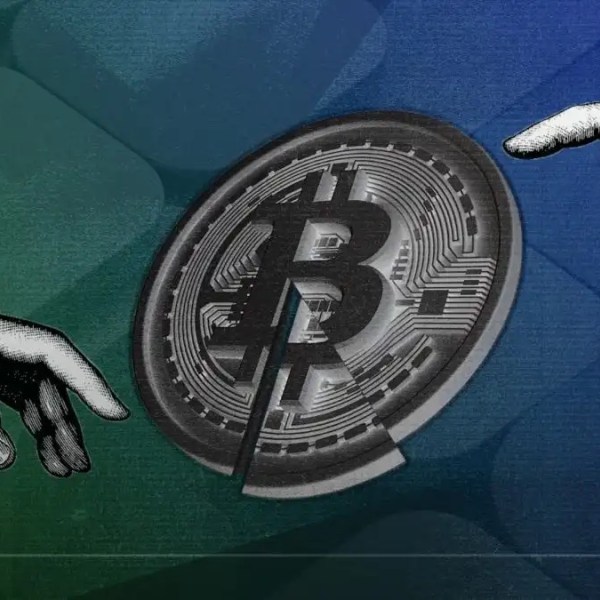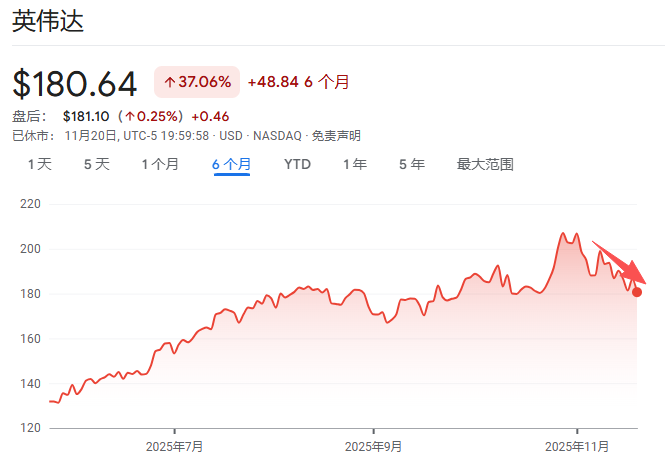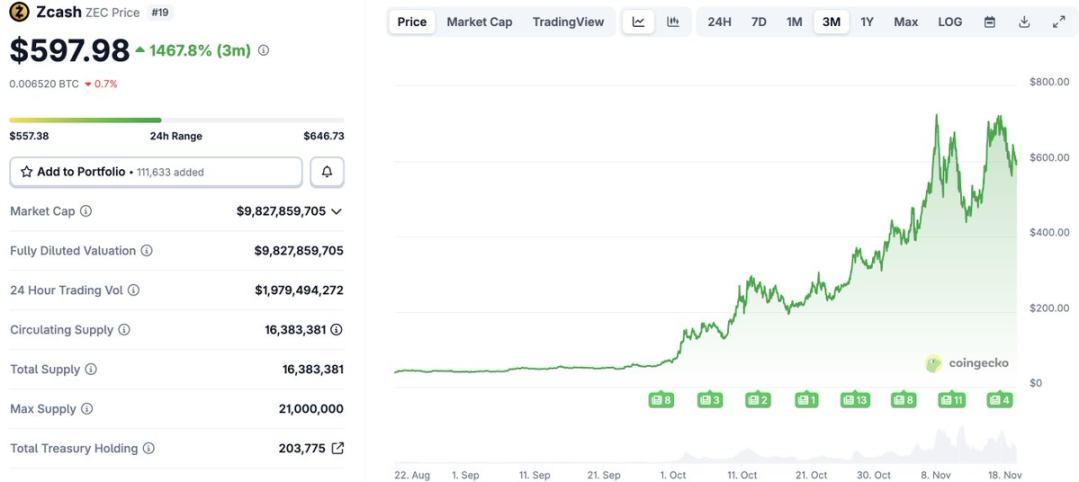South Korean regulators have developed new guidelines to address the growing competition and risks associated with the crypto lending sector as they work to ensure investors are protected and market stability is uncompromised.
“If high-risk lending services proliferate indiscriminately amid the regulatory vacuum under the current law, investor damage is inevitable,” an official with the Financial Services Commission said. “We plan to establish order through self-regulation and quickly pursue legislation based on future operational results.”
South Korea’s FSC intervenes in lending regulation
The Financial Services Commission ( FSC ) in South Korea has effectively blocked short selling with its latest move, which involves implementing a blanket ban on leverage and money lending, and establishing individual limits and fee caps.
The virtual asset lending guidelines, which were announced on the 5th and tagged self-regulatory, were reportedly prepared by the Financial Supervisory Service in collaboration with the Digital Asset Exchange Association (DAXA).
The new guidelines focus on three pillars, including service scope restrictions, user protection, and market stability. It ensures leveraged lending that exceeds the collateral value, and lending in Korean won is not allowed.
Exchanges must also utilize their own assets, and indirect lending via third-party consignment or collaboration is also prohibited.
In terms of user protection measures, first-time users will be forced to complete DAXA-sponsored online training and aptitude tests, and lending limits of up to 30 million to 70 million won are to be applied based on trading experience and history.
If there are concerns about forced liquidation during a loan, the guidelines mandate prior notice and permit additional collateral. The commission rate is not allowed to exceed 20% per annum, and disclosure of loan status by product and instances of forced liquidation is mandatory.
To keep the market stable, considering factors such as price impact, the list of available stocks for lending is limited to the top 20 by market capitalization or three or more listed assets on the Korean Won Exchange.
Meanwhile, stocks subject to trading restrictions or suspected of unusual trading will be excluded, and internal control mechanisms are required to prevent excessive price fluctuations due to concentration in certain stocks.
Financial authorities requested a temporary halt to virtual asset lending services last month
On the 18th of last month, the financial authorities put in a request for a temporary suspension of virtual asset lending services through administrative guidance.
Back in July, the FSC and the Financial Supervisory Service (FSS) announced the formation of a joint task force to develop a regulatory framework for crypto lending.
These guidelines are to be taken seriously as the FSC has plans to conduct on-site inspections and take supervisory action against platforms that fail to comply.
The decision to hash out new guidelines follows reports of widespread user losses, including thousands of forced liquidations in lending programs run by exchanges.
One unidentified exchange reportedly attracted over 27,000 users in a month after launching a lending service in mid-June, according to the FSC. The platform recorded about 1.5 trillion Korean won ($1.1 billion) in volume, and among its users, about 13%, or 3,635 people, faced forced liquidations as their crypto positions declined in value.
The FSC also highlighted a case involving two companies that offered Tether lending services, triggering a surge in sell volume and an unusual decline in USDT prices. The agency said encouraging new lending operations without safeguards could further damage investor funds, hence the guidelines.
If you're reading this, you’re already ahead. Stay there with our newsletter .



